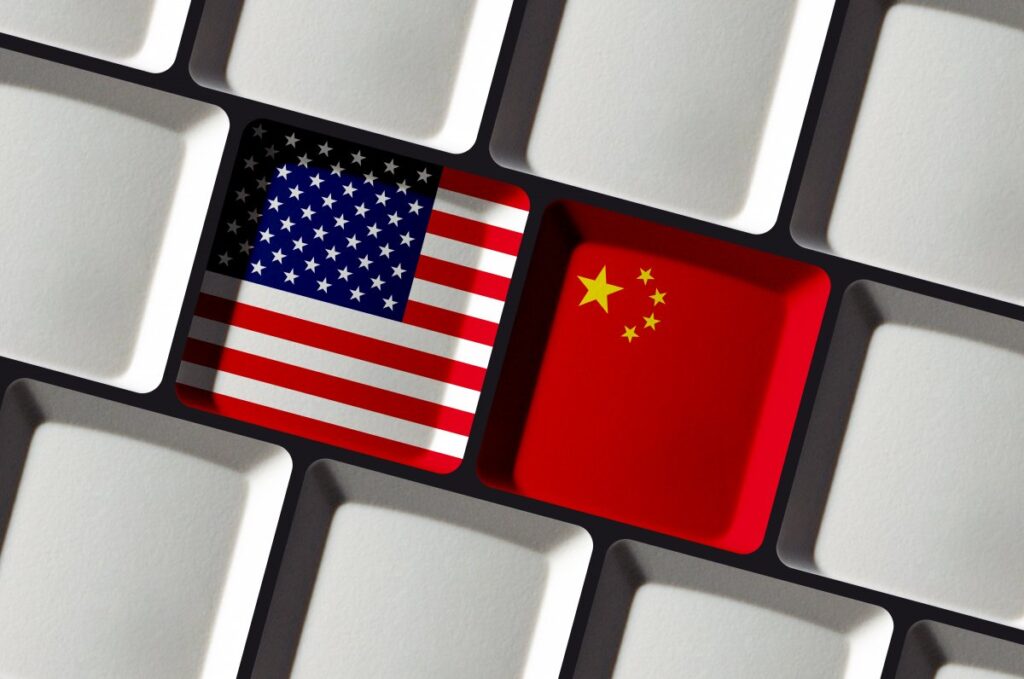Openai declares AI as a “national security issue” and calls for control from us
In a US government strategic paper, Openai calls for extensive measures to secure America’s leading position in artificial intelligence. Competition and copyright interventions regarding national security are also justified.
In a 15-page memo (PDF) from the White House Office of Science and Technology Policy, Open Vice President Christopher Lehaan warns that competition with China is catching up to the competition for AI hegemony. For example, Chinese AI model Deepseek shows that US leads are shrinking. He proposes various measures to avoid this and maintain America’s “global domination” with AI. Openai has repeatedly argued in favour of national and economic security to avoid industry restrictions.
Protection from federal and AI laws
Under the heading “Freedom to Innovate”, Openai is calling for central regulations at the federal level. It aims to prevent AI companies from complying with the “patchwork” of individual US state laws. However, in return, businesses must voluntarily allow the government to consider the cards and comply with technical standards. But in return, they should also have a say in the national security project. Openai also calls for a comprehensive export control strategy for AI. This not only limits China’s access to American technology, but also specifically promotes the spread of “democratic AI.” Allies are given an incentive to submit to the American set of rules. Rewards are priority access to US technology. Openai believes that AI regulations such as European AI are considered obstacles.
Copyright is a way to learn AI systems
The key point is about copyright law. Openai calls for the doctrine of “fair use” to continue to allow AI systems to be trained with copyright-preservation materials without the consent of the rights holder. Otherwise, this will open the door for China to advance more training data, following the warning. Openai justifies this as an infringement of copyright holders’ rights on the grounds of protecting innovation and national security. Google supports this position in a statement, arguing that access to public data is important for further development of AI systems. According to Google, long copyright negotiations will slow innovation.
Other proposals concern large investments in infrastructure and training to facilitate data center expansion and development of the US AI ecosystem. The national security debate is also used here to obtain faster approval. Furthermore, the US government needs to set a good example and focus more on AI itself. To this end, Openai wants to accelerate the procurement process for new technology and develop customized AI models for public institutions.
Google is working on a more open market instead of state management
Unlike Openai, Google advocates a more market-oriented approach. Search engine companies also support unified federal regulations and increased use of AI by public agencies. However, instead of strict export controls, Google relies on international cooperation on technical standards and risk protocols. Different approaches reflect the business model. As an AI expert, Openai wants to use national regulations to its advantage, while global company Google wants to establish a more open international market.
The Trump administration is currently considering proposing a National AI Action Plan. A groundbreaking court decision on copyright issues, such as the case of the New York Times against Openai, is still pending.
(VZA)
Don’t miss the news – Follow us on Facebook, LinkedIn, and Mastodon.
This article was originally published in German. It was translated with technical assistance and was editorially reviewed prior to publication.



